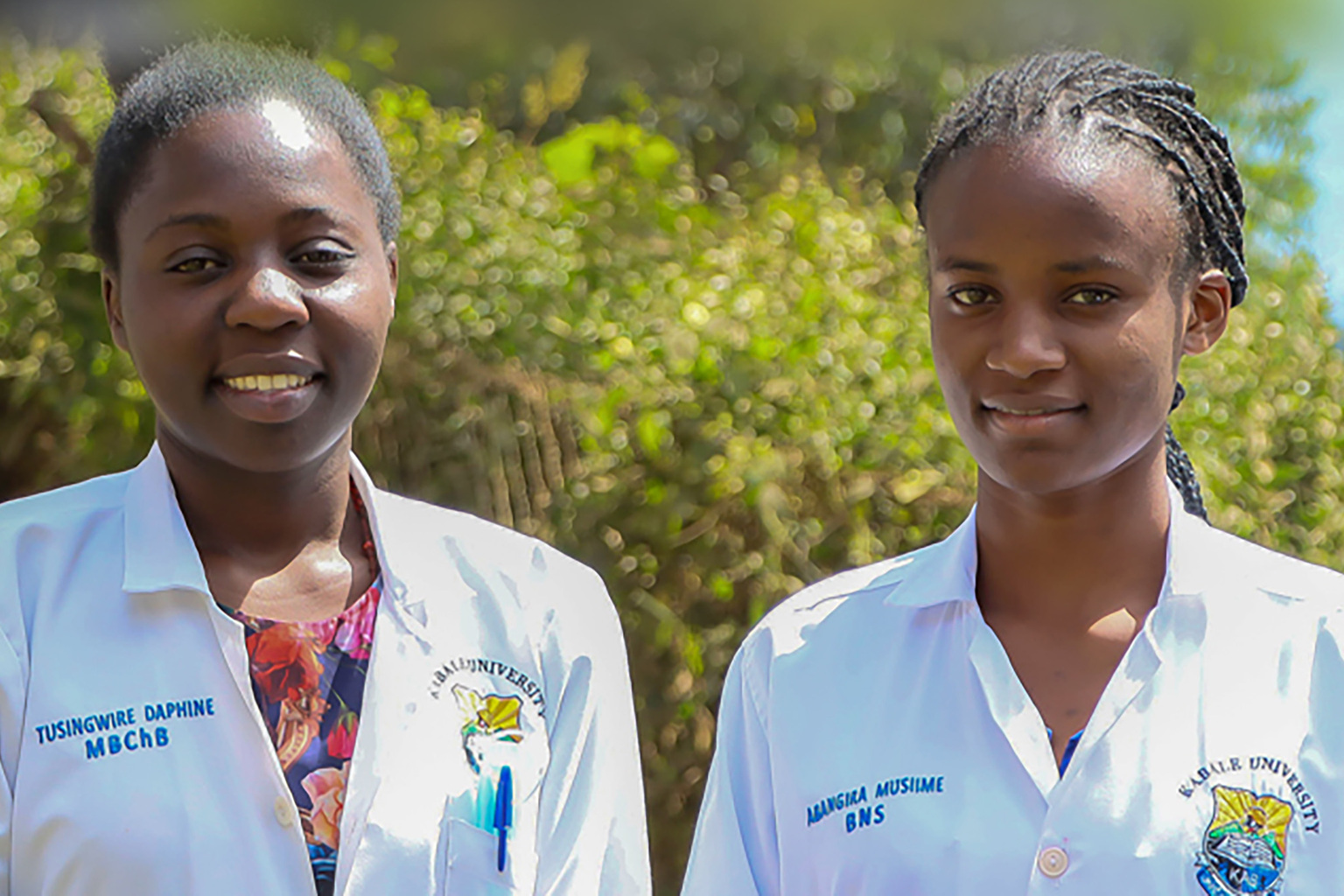Barking, Havering and Redbridge University Hospitals Trust (BHRUT) in London emerged from the pandemic with a need to restructure priorities, says Mr. John Brecknell, Director of Medical Education. The Trust’s decision to invest in clinical decision support resources was driven by a desire to help clinicians get back on track with Continuous Professional Development (CPD).
“We have built up a deficit of training over two years” at the height of the pandemic, he explains, “and instead of easing, it’s actually deepening. Initiatives like this, which springboard learning and make opportunities available to plug back into personal development, have an important place here.”
For BHRUT, UpToDate clinical decision support offered the evidence-based content it needed to support CPD and training for established senior doctors and up-and-coming junior doctors, as well as a commitment to reducing potentially harmful variation in care, which aligned with health equity initiatives.
Professional development for junior doctors
Junior doctors at BHRUT were at a particular disadvantage during the pandemic, missing out on vital training opportunities. More widely, there is now a pressing need to get up to speed with the evidence shift over the last two years, concerning Covid-19 and changes to clinical practice across all specialities.
BHRUT Medical Education Teaching Fellow Senel Hazal has experienced firsthand how UpToDate can support junior doctors, not only in terms of education, but also when working on the wards. “The hospital area is extremely busy, and sometimes when you want a specific answer quickly, no one’s nearby. UpToDate helps to bridge that gap,” she says.
There are different levels to clinical uncertainty, Dr. Hazal explains. Sometimes clinicians already have a solid understanding of the issue before them but might need confirmation that they’re on the right track. “UpToDate helps to consolidate my thinking,” she adds. “If I need a refresher on a certain topic, it’s as easy as getting my phone out on the way to see my patient.”
Using clinical decision support to help address healthcare disparities
There is a strategic objective across the NHS to improve equity in healthcare, ensuring all patients receive the same high standards of care regardless of their location, socioeconomic background, gender or race. Healthcare inequalities among minority ethnic populations are a particularly pressing issue, as highlighted in a recent report by the NHS Race and Health Observatory.
Ensuring healthcare equality is a high priority initiative for BHRUT, which serves three of London’s most diverse boroughs, with Barking having the highest IMD (index of multiple deprivation) score in the capital.
With bias-free content that is sensitive to ethnic differences, UpToDate can also help to reverse the trend of ethnic minorities receiving different standards of care. Mr. Brecknell references Sickle Cell Disease (SCD) as a condition for which UpToDate helps the care teams ensure consistency of care. It is widely known that the hereditary condition is much more prevalent among people from African or African-Caribbean origin, and yet doctors are often underserved with the latest evidence for dealing with it. Equipping clinicians with the latest evidence-based recommendations for treating SCD is just one example of how UpToDate can boost healthcare equity.
Measurable impacts on staff resources and clinical outcomes
Mr. Brecknell notes the impact UpToDate has had on the Trust’s post-pandemic recovery since it was introduced, from reactivating learning and training opportunities, to advancing the Trust’s digital maturity, to helping junior doctors more easily overcome daily dilemmas. Between September 2021 and March 2022, clinical usage of UpToDate was projected to have:
- Influenced nearly 3,000 decisions
- Reinforced over 6,500 decisions
Senior Doctor Rajith De Silva, who works in the Trust’s neurology department, says he believes it’s an “amazing privilege” to access a tool which helps him reduce errors, cut delays, and ultimately improve health outcomes for patients. “I think it would be a fantastic development which could benefit colleagues and patients if used more widely.”
To learn more, download BHRUT’s full story and learn more about how UpToDate supports hospitals and health systems around the world.




